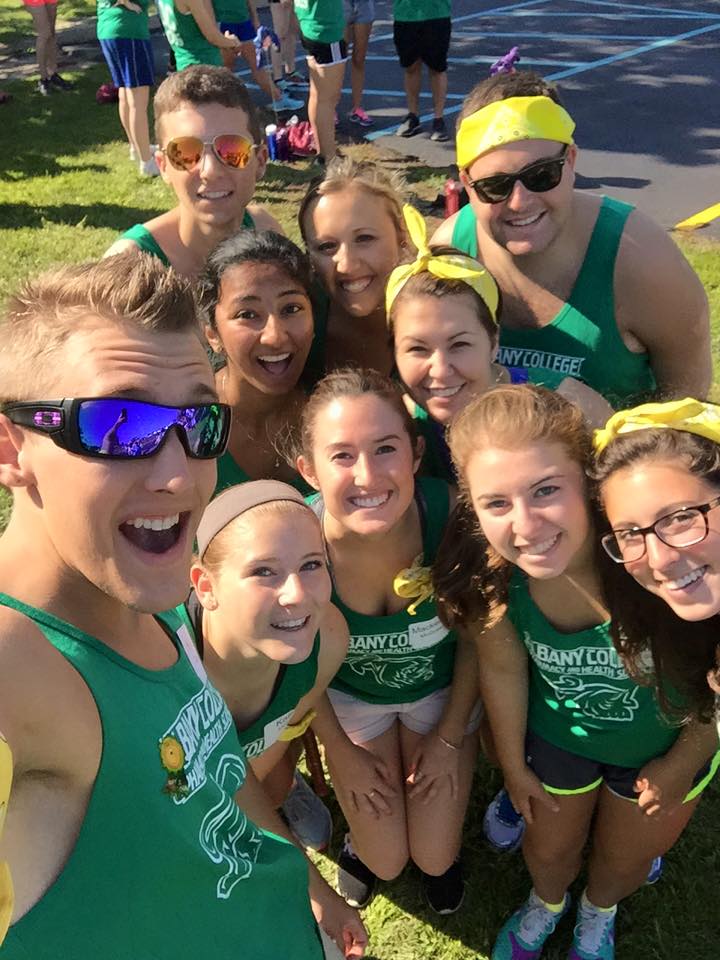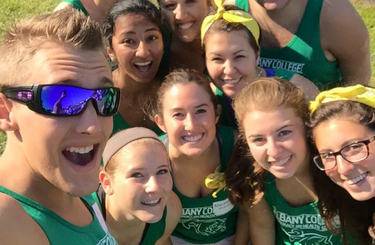
There was a student at the orientation I was working that came off as pretty shy and quiet. It wasn’t that he was uninterested because he kept looking over at a group of the orientation leaders, but he didn’t quite have the courage to approach us. It was easiest for me to approach the student and briefly introduce myself. I asked him basic questions like who he was and what major he had chosen. Surprisingly there was much more of an extroverted response than I anticipated! The student was engaged and more than willing to carry on a conversation. We do still talk and hangout occasionally when we have some free time. It’s nice to see though that he also has his own group of friends that he hangs out with as well!
Being on orientation committee I was lucky enough to see a lot of incoming freshmen have this “meh to hmmm” moment. One of the first things we do on campus is move all the incoming freshmen into their dorms and make them feel welcome. Most of the freshmen I saw, even if they were a little nervous, gained some confidence and began taking an interest in what the orientation committee was doing,
To get the student’s attention, you need to use a combination of both events and having a great personality. The personality of our orientation leaders is generally very outgoing so that, I believe, helps break people out of an initial fear stage. The activities we plan for them are geared to open up the freshmen and let them have fun which also is a huge step in helping someone feel comfortable: making sure they are having fun! After this, various freshmen began walking around the halls, introducing themselves to others, walking over to grab lunch together…it was actually really rewarding to see; especially some of the freshmen who came off as introverted.
This post was written by Kyle Farina, a student at Albany College of Pharmacy and Health Sciences. He’s a Pharmacy major, an Orientation Leader, Peer Mentor and a Peer Tutor on campus.




